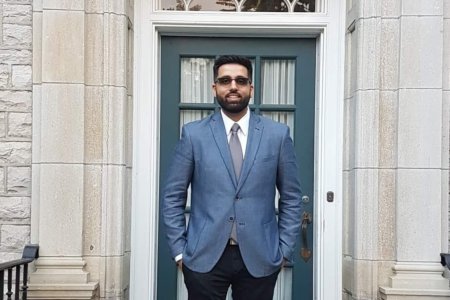
The pandemic has brought nearly everything to a standstill — bars, restaurants, clubs, shops, businesses, and even education institutions have all been badly affected by COVID-19. Since the beginning of the worldwide lockdowns earlier this year, most countries have taken steps for extra precaution in regards to everyone’s health, safety and wellbeing — especially schools, universities and other academic institutions.
This week, England is set for a second national lockdown to prevent a “medical and moral disaster” for the NHS.” On Sunday, Nov. 1, 2020, the UK recorded 23,254 new confirmed cases of COVID-19 and 162 deaths within 28 days of a positive test. The second lockdown is slated to last for four weeks from Nov. 5, 2020, although Minister for the Cabinet Office Michael Gove said it may extend beyond Dec 2. This all depends on the statistics for the R ratings — the number of people one infected person will infect — with the aim to get this below one.
The UK government will continue prioritising the wellbeing and long-term future of the younger generation and will not be closing schools, colleges, or universities this time. However, strict safety measures are in place to help minimise the spread of COVID-19 and it is recommended for universities and adult education settings to consider moving to online learning where possible.

A handout photograph released by the UK Parliament shows Britain’s Prime Minister Boris Johnson speaking in the House of Commons in London on Nov 2, 2020 on new COVID-19 lockdown measures. Source: Jessica Taylor/AFP
What does this mean for international students in the UK? Below we take a look at some of the most important rules and restrictions to adhere to, and how to keep updated with the latest news:
COVID-19 in the UK: stay home!
Students must not move back and forward between your permanent and student home during term time with the exception being Christmas. You are also strongly encouraged to stay at home/on campus unless you have classes that are not online, to exercise, for medical concerns, and to shop for basic necessities.
No social events or gatherings
Unless someone from the same support bubble — defined as “a close support network between a household with only one adult in the home (known as a single-adult household) and one other household of any size” — all other social gatherings are banned. The list of places where people in the same support bubble can meet are: parks, beaches, countryside, public gardens, and playgrounds.
Businesses and venues
All non-essential businesses like retail stores must close — this includes all leisure centres, entertainment venues, and personal care facilities. Only businesses providing essential needs can remain open. These include: food shops, supermarkets, and certain retailers. The non-essential retailers and hospitality venues are allowed to provide delivery and takeaway services, except for alcohol.
Travel
You are encouraged to avoid travelling in and out of your local area unless you are doing so for education, medical appointments, visiting outdoor venues, and exercise. You are also strongly encouraged to walk or cycle where possible and avoid busy times and routes on public transport.
For a further look into the detailed rules and regulations on the new national restrictions, check it out here.









